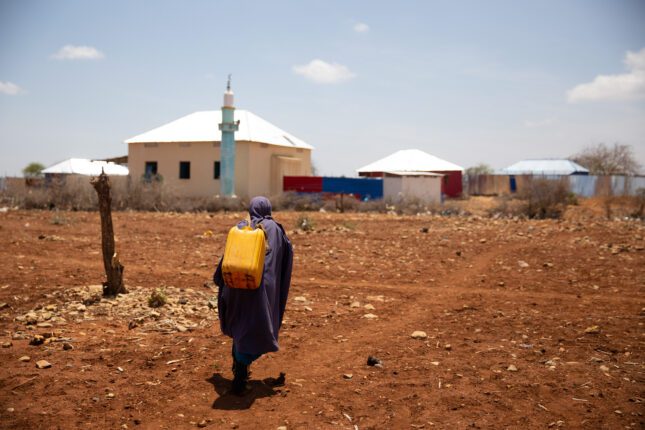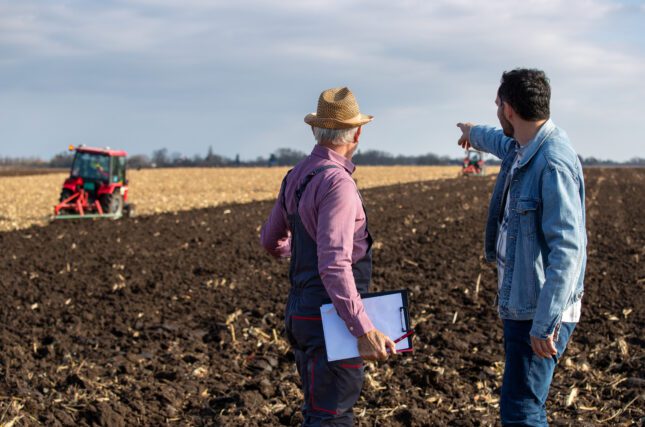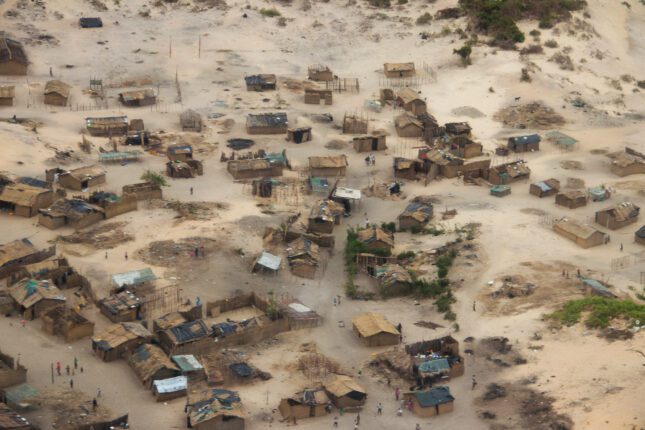-
Environmental Security Weekly Watch: January 12-16, 2026
›A window into what we’re reading at the Stimson Center’s Environmental Security Program
Illegal and Unregulated Mining Runs Rampant in Venezuela (Inside Climate News)
Located across the Venezuelan states of Amazonas, Bolívar and Delta Amacuro, the Orinoco Mining Arc is a center of mining illegal and unregulated mining activity. Mining has exploded in this area during the Maduro regime, as operations use high-pressure pumps and toxic mercury to strip vast stretches of Amazon rainforest, and choke rivers with sediment and pollutants. Recent activities even carved open-pit mines into the summit of Yapacana National Park’s sacred tepuy mountain. The environmental impacts on populations are also devastating: up to 90 percent of women in mining areas show toxic mercury levels that are linked to neurological damage.
-
Environmental Security Weekly Watch: January 5-9, 2026
›A window into what we’re reading in the Stimson Center’s Environmental Security Program
Marine Life Plundered in Unregulated Fishing Zone Near Argentina (The Guardian)
One of the world’s largest unregulated squid fisheries is located in Mile 201—a largely ungoverned strip of the high seas just beyond Argentina’s exclusive economic zones. Fishing hours there have increased between 2019 and 2024 in the area, as hundreds of foreign vessels arrive annually to plunder marine life. Yet this free-for-all poses serious concerns for other marine species as well. Crews on more than 50% of Chinese vessels and a fifth of Taiwanese vessels also have revealed the unreported capture and killing of seals, with culls sometimes numbering in the hundreds.
-
Environmental Security Weekly Watch: December 15, 19, 2025
›A window into what we’re reading at the Stimson Center’s Environmental Security Program
Climate Breakdown Threatens Global Food Security (The Guardian)
Global agricultural systems now face mounting pressure as climate impacts intensify and crop yields plateau. Production of the world’s most abundant crop, maize, is projected to decline by 6% under low-warming scenarios, and as much as 24% in extreme warming scenarios. Extreme weather wiped out over 1 million hectares of Zambia’s maize in 2024 alone, accounting for half of the country’s total production. An Amazon drought devastated more than 18,000 hectares of crops in Peru, leaving 500,000 children facing both food and water shortages.
-
No Peace at COP30? Why That’s a Risk the World Can’t Afford
›November 10, 2025 // By Nazanine MoshiriAs COP30 in Belém nears, leaders are calling it the “implementation summit.” Trillions of dollars in climate funding are at stake in Brazil in mid-November. Every sector, from forests to AI, has dedicated Thematic Days. However, one critical issue is noticeably missing from the official agenda: peace.
-
Zambian Women Take the Lead in Adapting Food Systems to Climate Change
›Women play vital roles as actors and innovators in food systems worldwide. In many societies, they are the primary food producers, accounting for between 60% and 80% of the national food stock. Women are also deeply engaged in other stages of the food value chain, from processing to consumption. Their multiple roles provide them with specific abilities that strengthen food systems during times of crisis.
-
Climate Insecurity Comes for Europe
›October 30, 2025 // By Peter SchwartzsteinWhen we look at climate-related insecurity, it’s usually in the context of poorer parts of the planet. And there’s generally good reason for that focus. Regions such as the Sahel and the Middle East are where the most––and worst––conflict of this nature plays out. And, for the most part, poorer countries are also the places least equipped to manage climate impacts and their effects on stability.
-
Environmental Security Weekly Watch: September 29 – October 3, 2025
›A window into what we’re reading at the Stimson Center’s Environmental Security Program
Nickel Mining Threat to New Raja Ampat UNESCO Biosphere Reserve (Mongabay)
When Indonesia’s Raja Ampat archipelago received a UNESCO Biosphere Reserve designation on September 27, 2025, the new designation adding to the status it won as a Global Geopark in 2023. Yet this dual honor highlighting the archipelago’s exceptional biodiversity is now under threat from intense pressure from global demand for nickel for electric vehicle batteries that is challenging the reserve’s conservation goals.
-
Mud, Memories, and Meaning: Investigating Climate Security in Southwestern Zimbabwe
›
While the devastating cyclones Dineo (2017) and Idai (2019) may feel like distant memories on the global stage, their impact remains etched into daily life in Zimbabwe’s Tsholotsho and Chimanimani districts. A punishing regional drought in 2024 makes the picture here even clearer: food, land, and water systems have been reshaped in ways that directly influence social cohesion and stability.
Showing posts from category agriculture.









